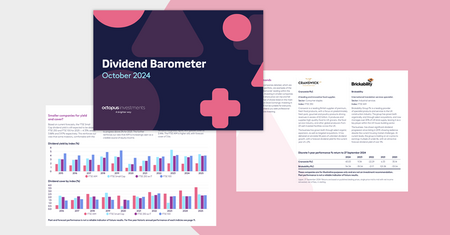Touchlab
Enabling the revolution in physical robotics
![]()
Funding stage: Seed
What Touchlab does
Touchlab is enabling a revolution in robotics by developing an electronic skin to give robots the sense of touch. Using a tactile sensor, Touchlab is able to give measurements of pressure, location and 3D direction, from a thin flexible film that can be retrofitted onto any machine.
In any instance where a robot would need to feel and touch the world around it, robotic hands currently have no feedback; robots aren’t able to know when to grip or when to stop applying pressure, for example. Touchlab’s technology allows robots to have a tactile sense of their physical environment, allowing them to perform skilful, dexterous manipulation tasks.
Tactile response in robotics will allow for a dramatically increased set of potential applications for robotics that are not currently possible with today’s technology.
Why we like it
Tele-robotics is an extremely fast-growing market, currently worth $4.2 billion*. We believe there is a good opportunity for Touchlab to be influential in the market, using their tactile sensor as a point of entry. Their technical approach to the sensor is novel and provides the e-skin with technical specifications and features that are completely unique.
The sensors are resilient and insensitive to temperature, radiation and electromagnetic interference, which makes them ideal for harsh and electromagnetically noisy environments, which most robotic systems operate in. All other sensors in the market have a low dynamic range, which means they’re not able to be used in both high force and low force or delicate actions. This increases Touchlab’s competitive advantage, allowing for functionality such as slip detection and other factors that are not currently possible in robotics today.
*Touchlab company research, (BUSINESS WIRE)–The “Tactile Sensors Market (2020 – 2025)” report
Who are we backing?
Founder, Zaki Hussein, is a domain expert in robotic skin, having completed his PhD in the subject and spending a decade working in the field at the University of Edinburgh. He has the unique know-how based on his research to be perfectly positioned to solve this problem. Zaki is a visionary with a bold ambition to change the world of robotics and has made significant progress to date, both in terms of technical advancements and commercial developments, especially given the stage of the business and resources currently available.





